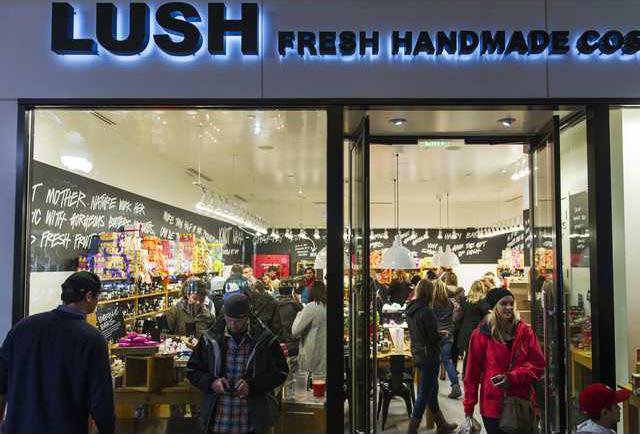Americans definitely have a knack for waiting until the last minute for their holiday shopping.
A new report from RetailMeNot found that close to 46 percent of Americans finish their holiday shopping during the week before Christmas or even later.
The report also found that 87 percent of Americans visit physical stores for their holiday shopping, visiting (on average) seven times in the 31 days of December. About one-third of people tend to visit physical stores 10 times during the month.
Americans spend $482 on average for their Christmas gifts. Breaking it down, the report found Americans will spend $330 on children, $196 on their significant others, $105 on their parents, $90 on siblings and $57 on best friends.
So what gifts do American want this year? Fifty-three percent hope to buy clothes or shoes, while 51 percent are hoping to buy electronics like iPhone 8 and the Google Home assistant. Meanwhile, 32 percent are searching for toys like Hatchimals Surprise and Nerf Rival Nemesis toys.
According to the National Retail Federation, Americans are likely to spend $967 on average for the holidays, which is higher than RetailMeNots $482 average.
The federation estimates Americans will spend $608 on gifts alone, with $218 spent on candy, food and decorations. Consumers will spend an additional $141 on non-gift purchases for themselves and their families, too.
Holiday sales are expected to climb this year between 3.6 and 4 percent, the federation report found. In total, experts estimate Americans will spend somewhere between $682 billion $678.75 billion on the holidays, which is up from $655.8 billion last year.
A new report from RetailMeNot found that close to 46 percent of Americans finish their holiday shopping during the week before Christmas or even later.
The report also found that 87 percent of Americans visit physical stores for their holiday shopping, visiting (on average) seven times in the 31 days of December. About one-third of people tend to visit physical stores 10 times during the month.
Americans spend $482 on average for their Christmas gifts. Breaking it down, the report found Americans will spend $330 on children, $196 on their significant others, $105 on their parents, $90 on siblings and $57 on best friends.
So what gifts do American want this year? Fifty-three percent hope to buy clothes or shoes, while 51 percent are hoping to buy electronics like iPhone 8 and the Google Home assistant. Meanwhile, 32 percent are searching for toys like Hatchimals Surprise and Nerf Rival Nemesis toys.
According to the National Retail Federation, Americans are likely to spend $967 on average for the holidays, which is higher than RetailMeNots $482 average.
The federation estimates Americans will spend $608 on gifts alone, with $218 spent on candy, food and decorations. Consumers will spend an additional $141 on non-gift purchases for themselves and their families, too.
Holiday sales are expected to climb this year between 3.6 and 4 percent, the federation report found. In total, experts estimate Americans will spend somewhere between $682 billion $678.75 billion on the holidays, which is up from $655.8 billion last year.








